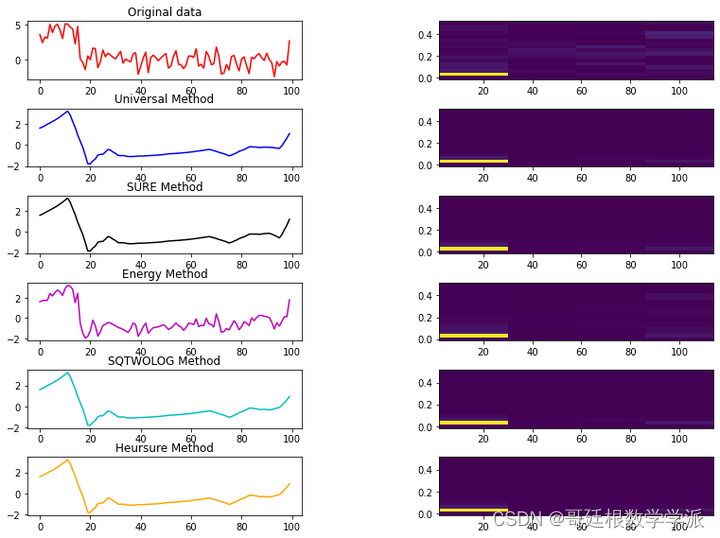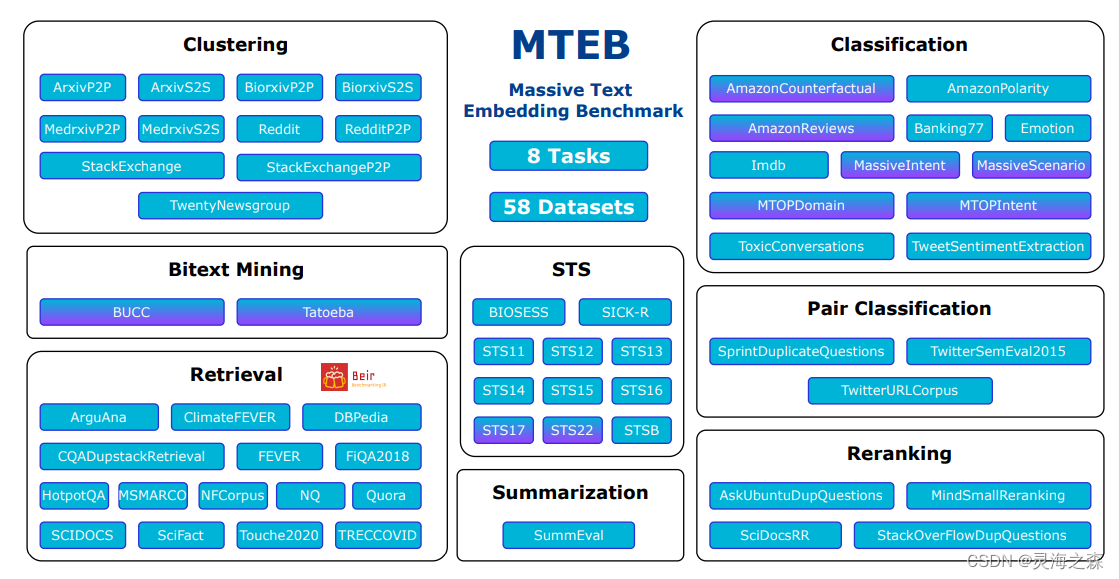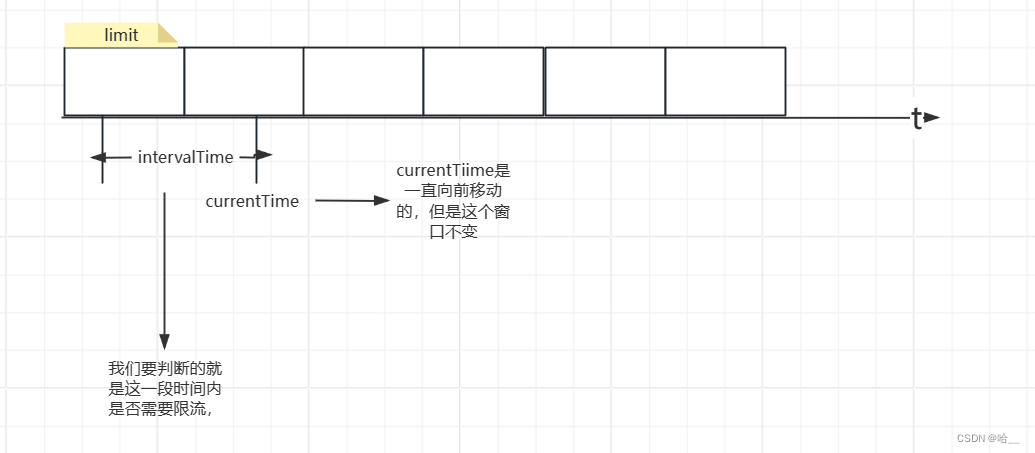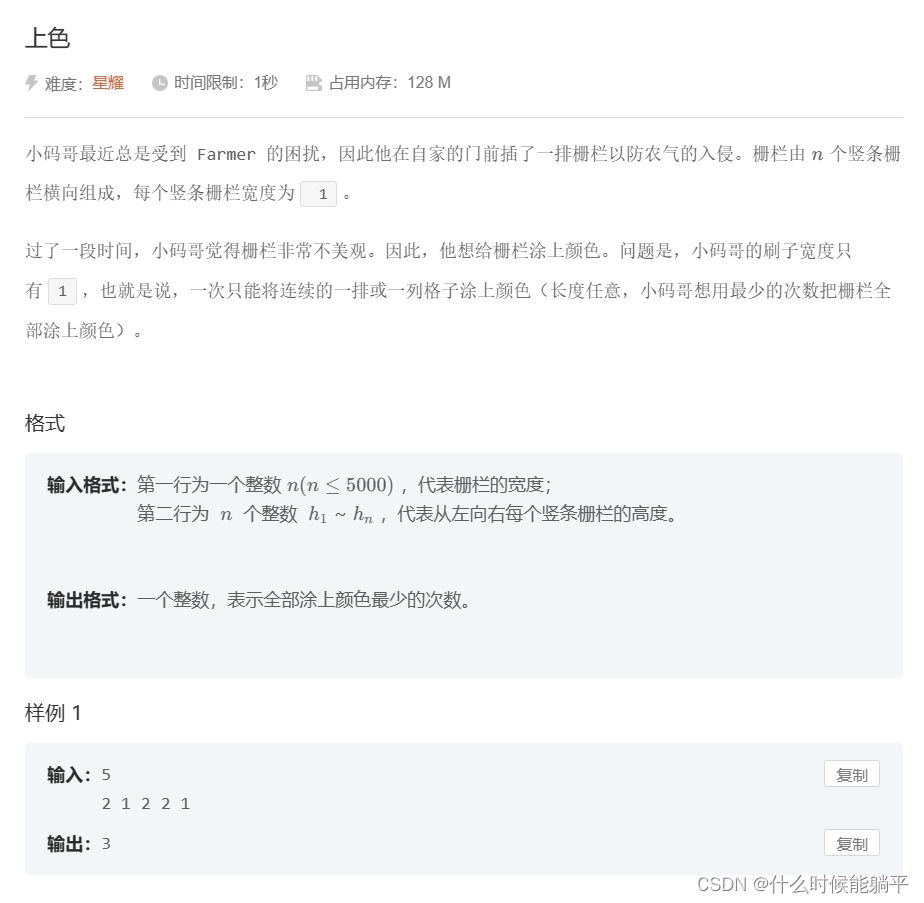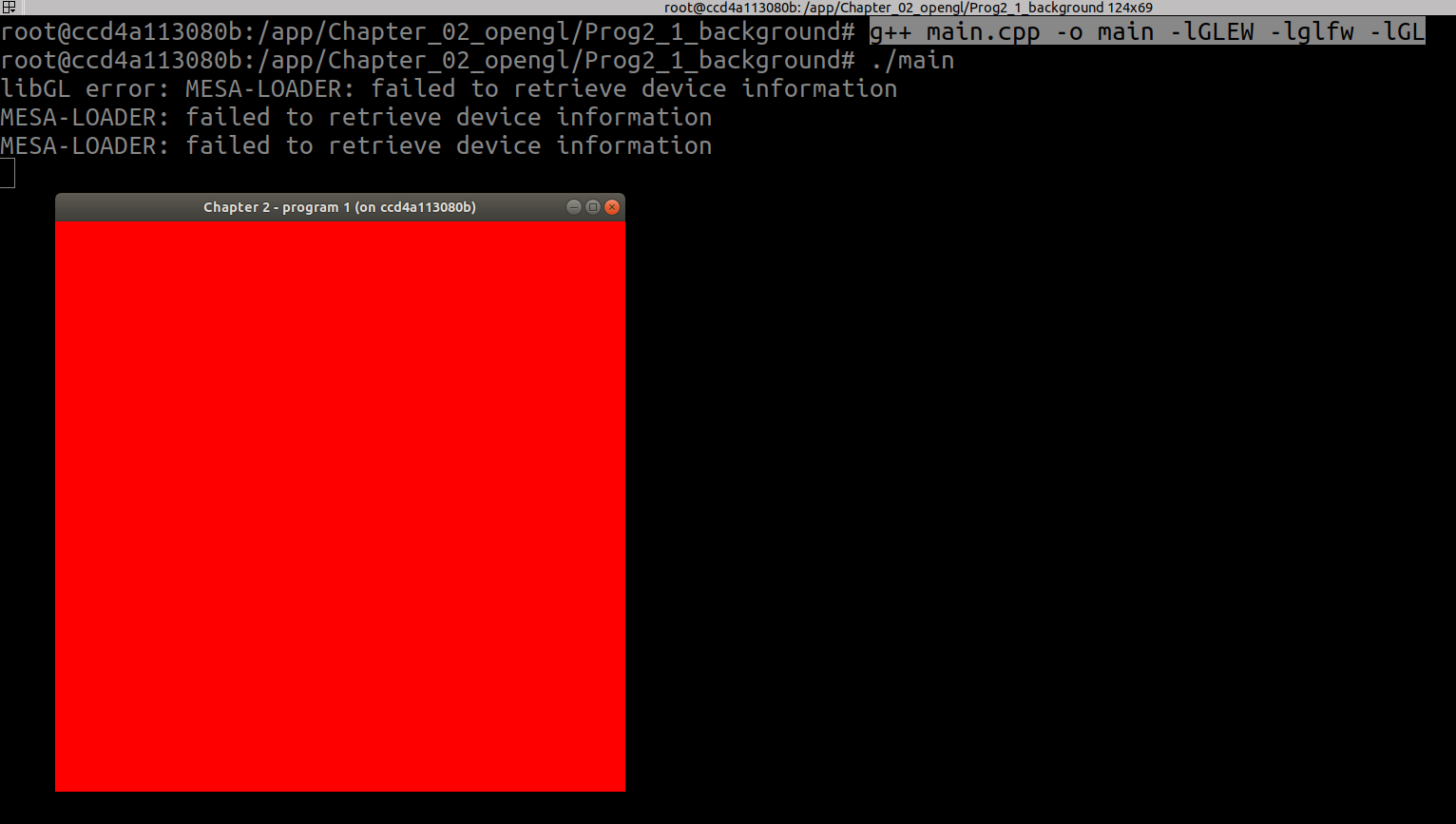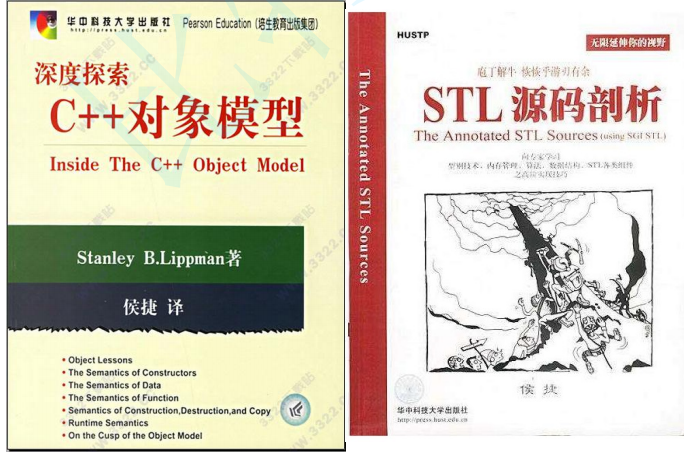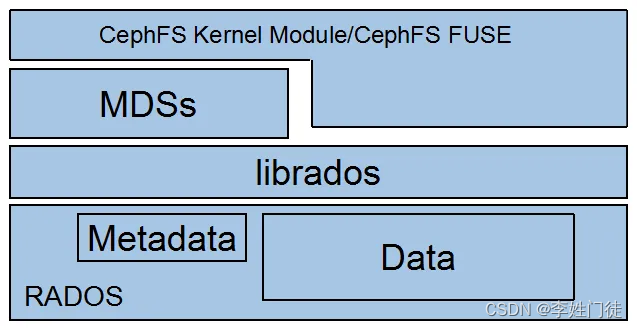文章目录
- 一、二叉搜索树的概念结构和时间复杂度
- 二、二叉搜索树的插入
- 三、二叉搜索树的查找
- 四、二叉搜索树的删除(最麻烦,情况最多,一一分析)
- 3.1首先我们按照一般情况下写,不考虑特殊情况下
- 4.1.1左为空的情况(与右为空的情况差不多)
- 4.1.2两边都不为空的情况下
- 4.1其次我们考虑极端情况,如果刚好是整体树的根要删除
- 五、二叉搜索树的中序遍历
- 六、二叉搜索树的拷贝构造函数,析构函数,赋值操作
- 6.1 赋值操作(比较简单)
- 6.2拷贝构造
- 6.3析构函数
- 七、全部源码展现(递归玩法的代码也传进来了,下次讲解)

先赞后看,养成习惯!!!^ _ ^<3 ❤️ ❤️ ❤️
码字不易,大家的支持就是我坚持下去的动力。点赞后不要忘了关注我哦!
所属专栏:C++进阶
一、二叉搜索树的概念结构和时间复杂度
二叉搜索树(Binary Search Tree)又称二叉排序树(Binary Sort Tree),是一种特殊类型的二叉树,它所有的根节点大于左子树的节点,小于右子树的节点,对二叉搜索树进行中序遍历,即可得到有序的数列。二叉搜索树的时间复杂度由树的高度决定,其搜索、插入和删除的时间复杂度均为 O(log n),其中 n 是节点数。在最坏的情况下,仍然会有 O(n)的时间复杂度。
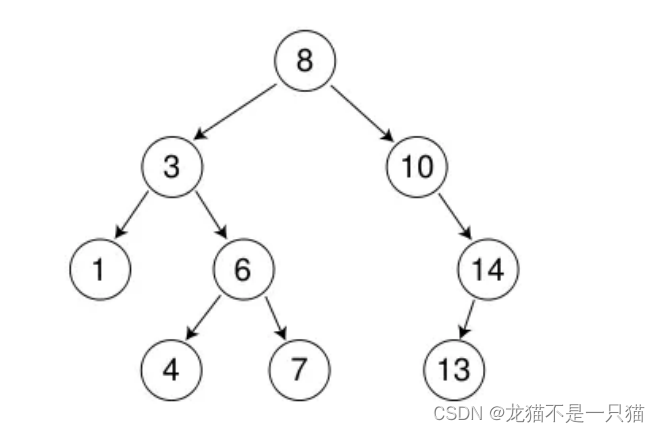
二、二叉搜索树的插入
首先定义一个命名空间作用域,在域中进行插入操作,构造一个二叉树的节点,对节点进行初始化构造
namespace key
{
template<class K>
struct BSTreeNode
{
typedef BSTreeNode<K> Node;
BSTreeNode(const K& key)
:left(nullptr),
right(nullptr),
_key(key)
{}
Node* left;
Node* right;
K _key;
};
template<class K>
class BSTree
{
public:
bool Insert(const K& key)
{
Node* root = new Node(key);
if (_root == nullptr)
{
_root = root;
return true;
}
Node* parent = nullptr;
Node* cur = _root;
while (cur)
{
if (cur->_key > root->_key)
{
parent = cur;
cur = cur->left;
}
else if (cur->_key < root->_key)
{
parent = cur;
cur = cur->right;
}
else
{
return false;
}
}
if (parent->_key < root->_key)
parent->right = root;
else
parent->left = root;
return true;
}
}
代码图解:
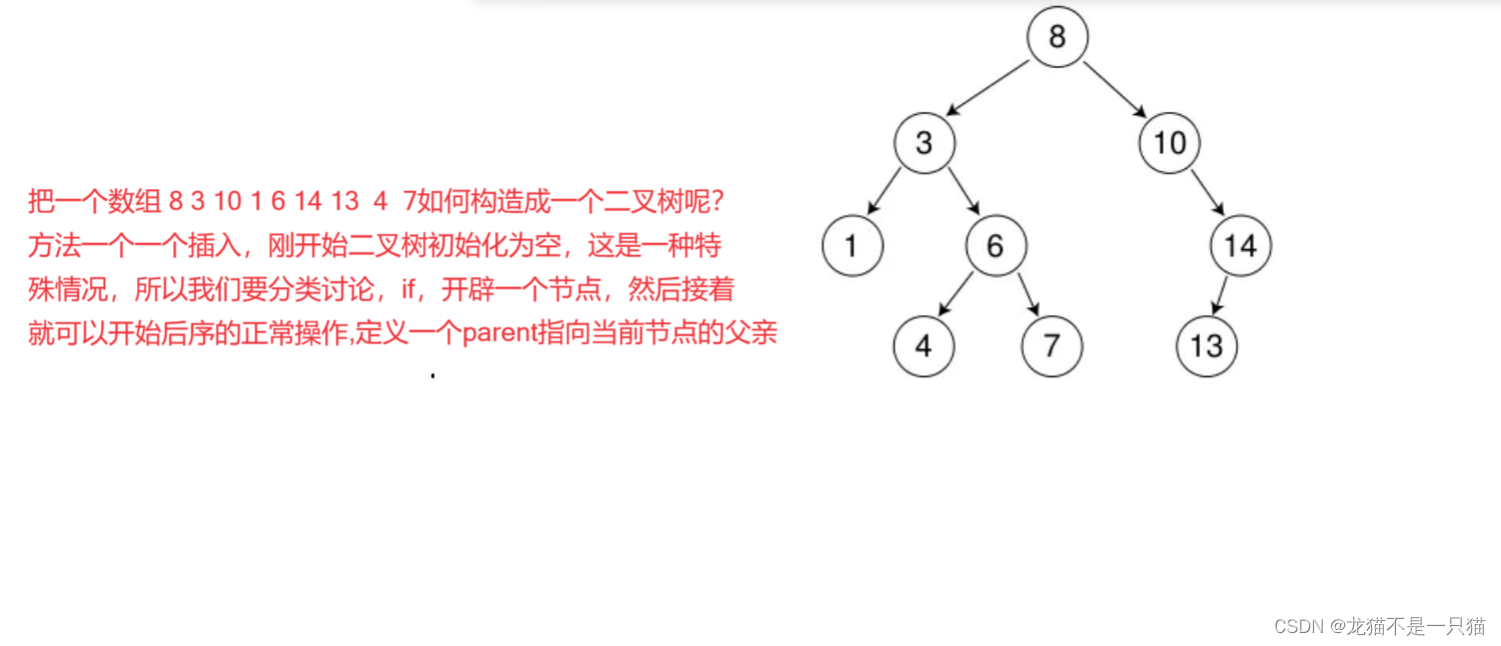
三、二叉搜索树的查找
查找非常简单按照流程找就行了
typedef BSTreeNode<K> Node;
bool Find(const K& key)
{
Node* cur = _root;
while (cur)
{
if (cur->_key < key)
{
cur = cur->right;
}
else if (cur->_key > key)
{
cur = cur->left;
}
else
{
return true;
}
}
return false;
}
四、二叉搜索树的删除(最麻烦,情况最多,一一分析)
3.1首先我们按照一般情况下写,不考虑特殊情况下
bool Erase(const K& key)
{
assert(_root);
Node* parent = nullptr;
Node* cur = _root;
while (cur)
{
if (cur->_key > key)
{
parent = cur;
cur = cur->left;
}
else if (cur->_key < key)
{
parent = cur;
cur = cur->right;
}
else
{
if (cur->left == nullptr)
{
if (parent->left == cur)
{
parent->left = cur->right;
}
else
{
parent->right = cur->right;
}
delete cur;
return true;
}
else if (cur->right == nullptr)
{
if (parent->left == cur)
{
parent->left = cur->left;
}
else
{
parent->right = cur->left;
}
delete cur;
return true;
}
else
{
Node* pminleft = cur;
Node* minleft = cur->right;
while (minleft->left)
{
pminleft = minleft;
minleft = minleft->left;
}
cur->_key = minleft -> _key;
if (minleft == pminleft->left)
pminleft->left = minleft->right;
else
pminleft->right = minleft->right;
delete minleft;
return true;
}
}
}
return false;
}
代码图解(解释找到时候的情况)
4.1.1左为空的情况(与右为空的情况差不多)

4.1.2两边都不为空的情况下

4.1其次我们考虑极端情况,如果刚好是整体树的根要删除
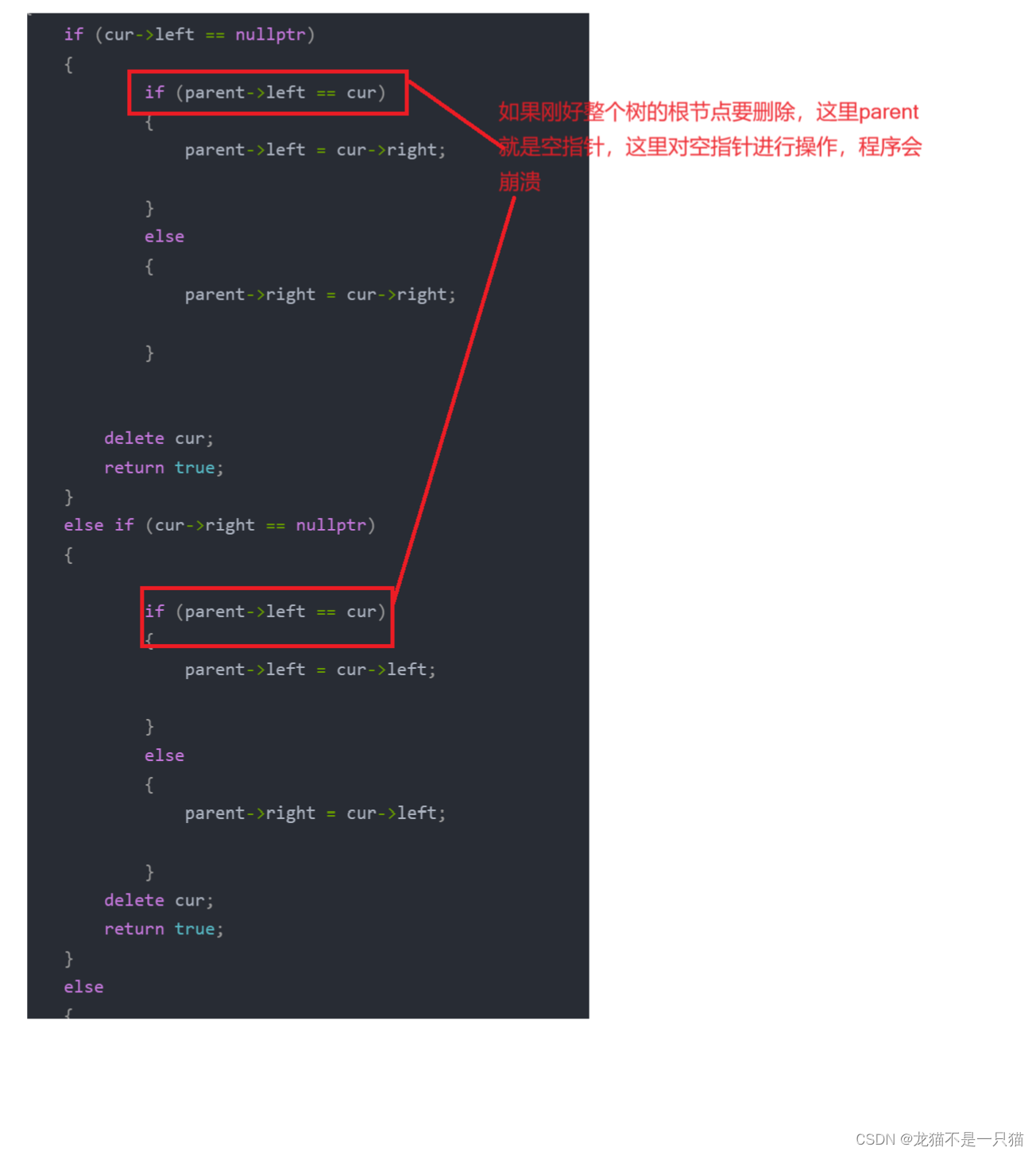
调整代码如下
if (cur->left == nullptr)
{
if (cur == _root)
{
_root = cur->right;
}
else
{
if (parent->left == cur)
{
parent->left = cur->right;
}
else
{
parent->right = cur->right;
}
}
delete cur;
return true;
}
else if (cur->right == nullptr)
{
if (cur == _root)
{
_root = cur->left;
}
else
{
if (parent->left == cur)
{
parent->left = cur->left;
}
else
{
parent->right = cur->left;
}
}
delete cur;
return true;
}
五、二叉搜索树的中序遍历
这里我们用了一个小技巧,就是通过类里面的函数调用类里面的私有成员
//中序遍历
void _Inorder()
{
Inorder(_root);
}
private:
//中序遍历
void Inorder(Node* root)
{
if (root == nullptr)
return;
Inorder(root->left);
cout << root->_key << ' ';
Inorder(root->right);
}
Node* _root = nullptr;
六、二叉搜索树的拷贝构造函数,析构函数,赋值操作
6.1 赋值操作(比较简单)
BSTree<K>& operator=(const BSTree& root)
{
swap(_root, root->_root);
return *this;
}
6.2拷贝构造
BSTree(const BSTree<K>& t)
{
_root = Copy(t._root);
}
Node* Copy(Node* root)
{
if (root == nullptr)
return nullptr;
Node* newroot = new Node(root->_key);
newroot->left = Copy(root->left);
newroot->right = Copy(root->right);
return newroot;
}
6.3析构函数
~BSTree()
{
Distroy(_root);
}
void Distroy(Node* root)
{
if (root == nullptr)
return;
Distroy(root->left);
Distroy(root->right);
delete root;
}
七、全部源码展现(递归玩法的代码也传进来了,下次讲解)
#pragma once
#include<iostream>
#include<assert.h>
#include<algorithm>
using namespace std;
namespace key
{
template<class K>
struct BSTreeNode
{
typedef BSTreeNode<K> Node;
BSTreeNode(const K& key)
:left(nullptr),
right(nullptr),
_key(key)
{}
Node* left;
Node* right;
K _key;
};
template<class K>
class BSTree
{
public:
//查
BSTree() = default;//自动生成默认构造
~BSTree()
{
Distroy(_root);
}
BSTree(const BSTree<K>& t)
{
_root = Copy(t._root);
}
BSTree<K>& operator=(const BSTree& root)
{
swap(_root, root->_root);
return *this;
}
typedef BSTreeNode<K> Node;
bool Find(const K& key)
{
Node* cur = _root;
while (cur)
{
if (cur->_key < key)
{
cur = cur->right;
}
else if (cur->_key > key)
{
cur = cur->left;
}
else
{
return true;
}
}
return false;
}
//增
bool Insert(const K& key)
{
Node* root = new Node(key);
if (_root == nullptr)
{
_root = root;
return true;
}
Node* parent = nullptr;
Node* cur = _root;
while (cur)
{
if (cur->_key > root->_key)
{
parent = cur;
cur = cur->left;
}
else if (cur->_key < root->_key)
{
parent = cur;
cur = cur->right;
}
else
{
return false;
}
}
if (parent->_key < root->_key)
parent->right = root;
else
parent->left = root;
return true;
}
//删
bool Erase(const K& key)
{
assert(_root);
Node* parent = nullptr;
Node* cur = _root;
while (cur)
{
if (cur->_key > key)
{
parent = cur;
cur = cur->left;
}
else if (cur->_key < key)
{
parent = cur;
cur = cur->right;
}
else
{
if (cur->left == nullptr)
{
if (cur == _root)
{
_root = cur->right;
}
else
{
if (parent->left == cur)
{
parent->left = cur->right;
}
else
{
parent->right = cur->right;
}
}
delete cur;
return true;
}
else if (cur->right == nullptr)
{
if (cur == _root)
{
_root = cur->left;
}
else
{
if (parent->left == cur)
{
parent->left = cur->left;
}
else
{
parent->right = cur->left;
}
}
delete cur;
return true;
}
else
{
Node* pminleft = cur;
Node* minleft = cur->right;
while (minleft->left)
{
pminleft = minleft;
minleft = minleft->left;
}
cur->_key = minleft -> _key;
if (minleft == pminleft->left)
pminleft->left = minleft->right;
else
pminleft->right = minleft->right;
delete minleft;
return true;
}
}
}
return false;
}
/
//递归玩法
//增
bool _InsertR(const K& key)
{
_Insert(_root,key);
}
bool _EraseR(const K& key)
{
_Erase(_root, key);
}
bool _FindR(const K& key)
{
_Find(_root,key);
}
void Distroy(Node* root)
{
if (root == nullptr)
return;
Distroy(root->left);
Distroy(root->right);
delete root;
}
//中序遍历
void _Inorder()
{
Inorder(_root);
}
private:
//中序遍历
void Inorder(Node* root)
{
if (root == nullptr)
return;
Inorder(root->left);
cout << root->_key << ' ';
Inorder(root->right);
}
bool _Insert(Node*& root,const K& key)
{
if (root == nullptr)
{
Node* newroot = new Node(key);
root = newroot;
return true;
}
if (root->_key > key)
{
_Insert(root->left, key);
}
else if (root->_key < key)
{
_Insert(root->right, key);
}
else
return false;
}
Node& _Find(Node*& root, const K& key)
{
if (root == nullptr)
return nullptr;
if (root->_key > key)
{
_Find(root->left);
}
else if (root->_key < key)
{
_Find(root->right);
}
else
{
return root;
}
}
Node* Copy(Node* root)
{
if (root == nullptr)
return nullptr;
Node* newroot = new Node(root->_key);
newroot->left = Copy(root->left);
newroot->right = Copy(root->right);
return newroot;
}
bool _Erase(Node*& root, const K& key)
{
if (root == nullptr)
return false;
if (root->_key > key)
{
return _Erase(root->left,key);
}
else if(root->_key < key)
{
return _Erase(root->right ,key);
}
else
{
Node* minright = root->right;
while (minright->left)
minright = minright->left;
swap(root->_key,minright->_key);
minright->right = minright->right;
delete minright;
return true;
}
}
Node* _root = nullptr;
};
}



